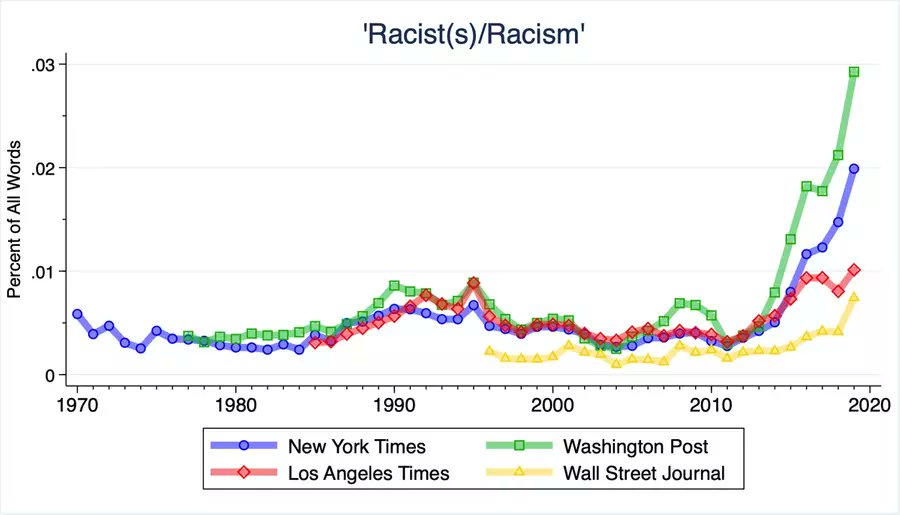
Why religions are not panaceas:
To be technical and unromantic, religions, including Christianity, Islam, Buddhism, Marxism-Leninism, etc., are families of memes.
A meme is a "mind virus" in a non-pejorative sense. Ideas subject to darwinian pressure to reproduce themselves.
To be technical and unromantic, religions, including Christianity, Islam, Buddhism, Marxism-Leninism, etc., are families of memes.
A meme is a "mind virus" in a non-pejorative sense. Ideas subject to darwinian pressure to reproduce themselves.
Memes sometimes hurt their hosts (in the cause of reproducing themselves).
Memes sometimes help their hosts (in the cause of reproducing themselves).
Memes sometimes help their hosts (in the cause of reproducing themselves).
On a long time frame, pressure tends to (weakly) select for the latter. This is why novel viruses are dangerous, but become less so over time.
It's often true that societies & individuals can reap benefits from embracing an old meme (gimme that old-time religion).
It's often true that societies & individuals can reap benefits from embracing an old meme (gimme that old-time religion).
But old-time religions aren't magic panaceas, and their real purpose isn't to help you or your society anyway, it's to (broken record here) reproduce themselves.
New media environments (inter alia) often cause a shake-up in the meme ecology, just like changes in "real" environments shake up "real" ecologies.
The printing press and the Protestant Reformation & printing press.
The internet and the "Great Awokening" (graph from @ZachG932).
The printing press and the Protestant Reformation & printing press.
The internet and the "Great Awokening" (graph from @ZachG932).

The big meme families (Christianity, Islam, Buddhism, etc.) have been around for a long time, I think we should expect them to survive in the new media environment.
Some variants will not need to change much to survive: living fossils.
Some will adapt until they're arguably a whole new family. Dinosaurs into birds. Moldbug's progressivism-as-Calvinism thesis.
Some will adapt until they're arguably a whole new family. Dinosaurs into birds. Moldbug's progressivism-as-Calvinism thesis.
Some of these new and old memes will have beneficial, symbiotic relationships with their hosts. Some will be dangerous parasites.
All of these memes have, at the end of the day, interests distinct from yours. They're aren't hurt to help or hurt you, that's incidental.
All of these memes have, at the end of the day, interests distinct from yours. They're aren't hurt to help or hurt you, that's incidental.
There's no "one true meme" coming here to deliver us from human nature and zero-sum games.
Incidentally, none of this is incompatible with believing in that a particular meme actually happens to contain truth.
You can believe Jesus actually is the Son of God (I do) or Mohammed is the Prophet of Allah and still recognize the mechanisms described above.
You can believe Jesus actually is the Son of God (I do) or Mohammed is the Prophet of Allah and still recognize the mechanisms described above.
@m18233749, relates to our discussion the other day
@lapislingua, as this corner of Twitter's most prominent Calvinist, seems fair to tag you👋
• • •
Missing some Tweet in this thread? You can try to
force a refresh



